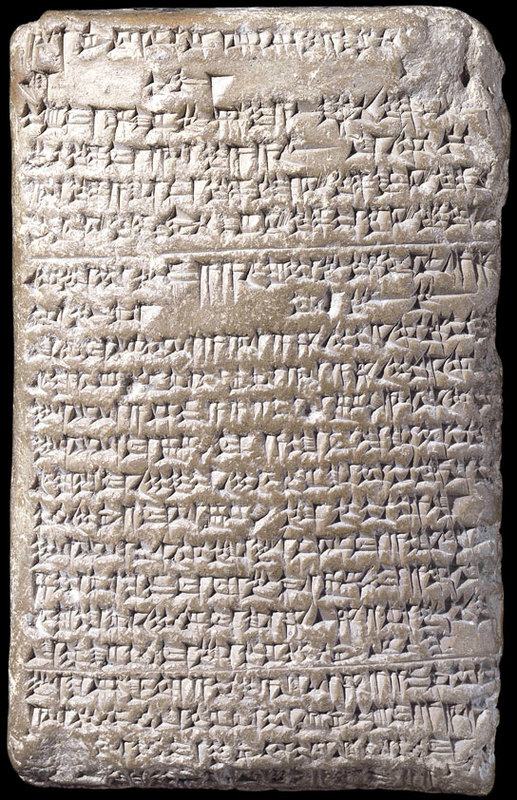A Proposal of Marriage
Nonetheless, the next correspondence (EA 2) between the two kings continues the discussion of a potential marriage alliance between Kadashman-Enlil’s daughter and Amenhotep. Though the Babylonian king mentions a greeting gift of his sister, it is unclear exactly what the resolution of sister is in the continuing communication. Two main issues arise out of the letter. First, Kadashman-Enlil in no unclear way tells the Egyptian king that his daughters will only marry a husband of royal blood; “No king has ever given his daughters to anyone not of royal blood” (EA 2). This proves to be a significant point of contention in the ongoing negotiations. The second issue arises when Kadashman-Enlil inquires as to his prospective marriage with one of Amenhotep’s daughters. Though Amenhotep was no stranger to foreign alliances, he consistently chose not to send any of his own daughters abroad, for he feared it might one day allow a foreign ruler to lay claim to his kingdom. Instead, he himself married the daughters of other rulers to establish a less vulnerable alliance.
In the next letter from Babylonia to Egypt, Kadashman-Enlil reiterates his willingness to marry his daughter who has now “become a woman” and is “nubile” (EA 3). The message however does not come without the quibbling that is becoming characteristic of this relationship. Kadashman-Enlil chastises Amenhotep for detaining a messenger for six years, only to send him home with a paltry gift of “30 minas of gold that looked like silver,” (EA 3) in effect accusing him of not adequately reciprocating as the customs of such a relationship would dictate. As will soon become evident, this lack of reciprocity emerges as a theme in this particular relationship between the kings. By the end of this letter, Kadashman-Enlil has offered his daughter, 50 service people and an invitation to his house warming, none of which is really reciprocated by Amenhotep III.
